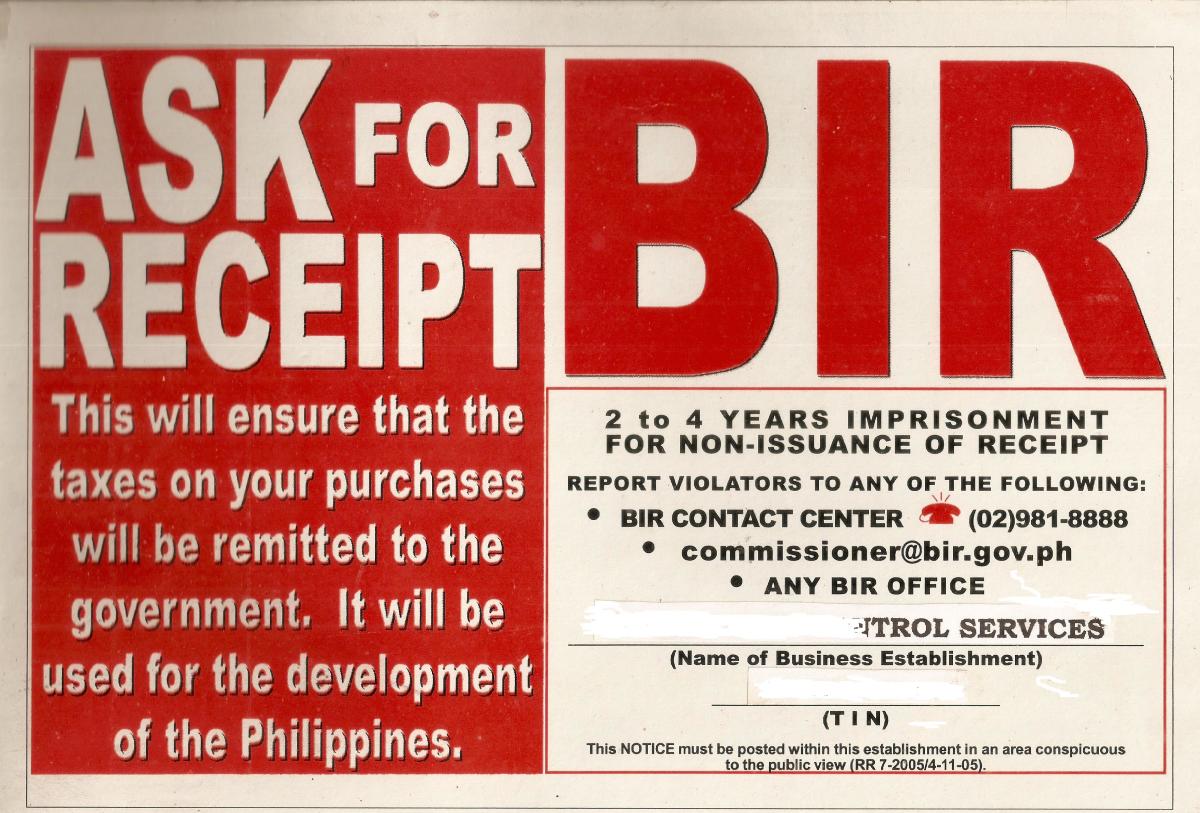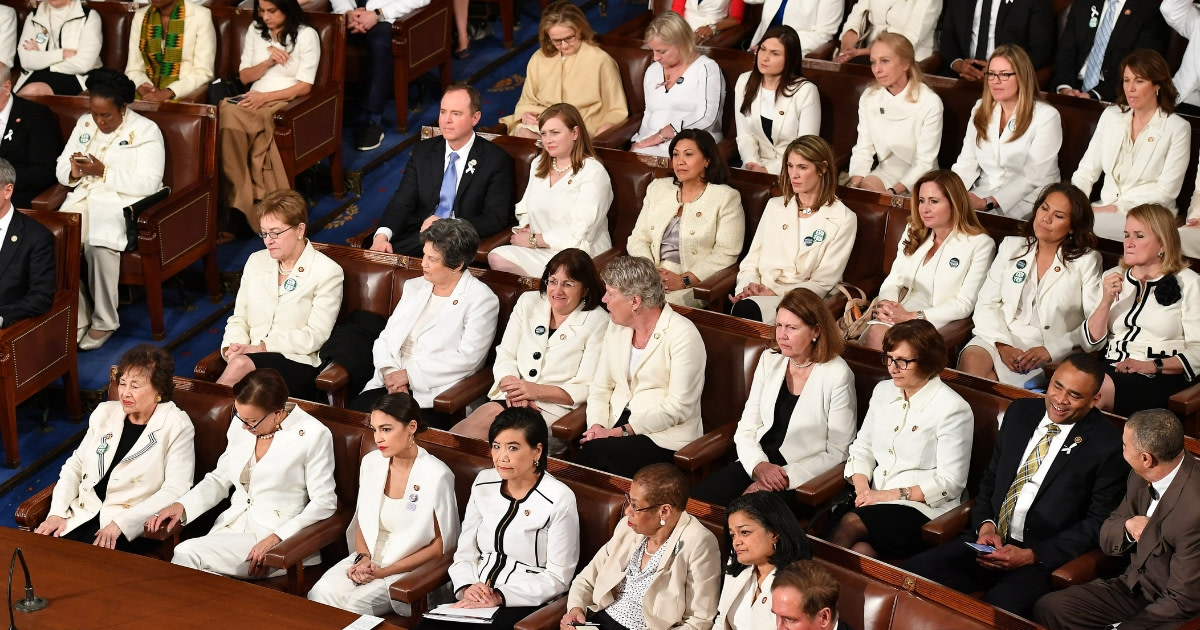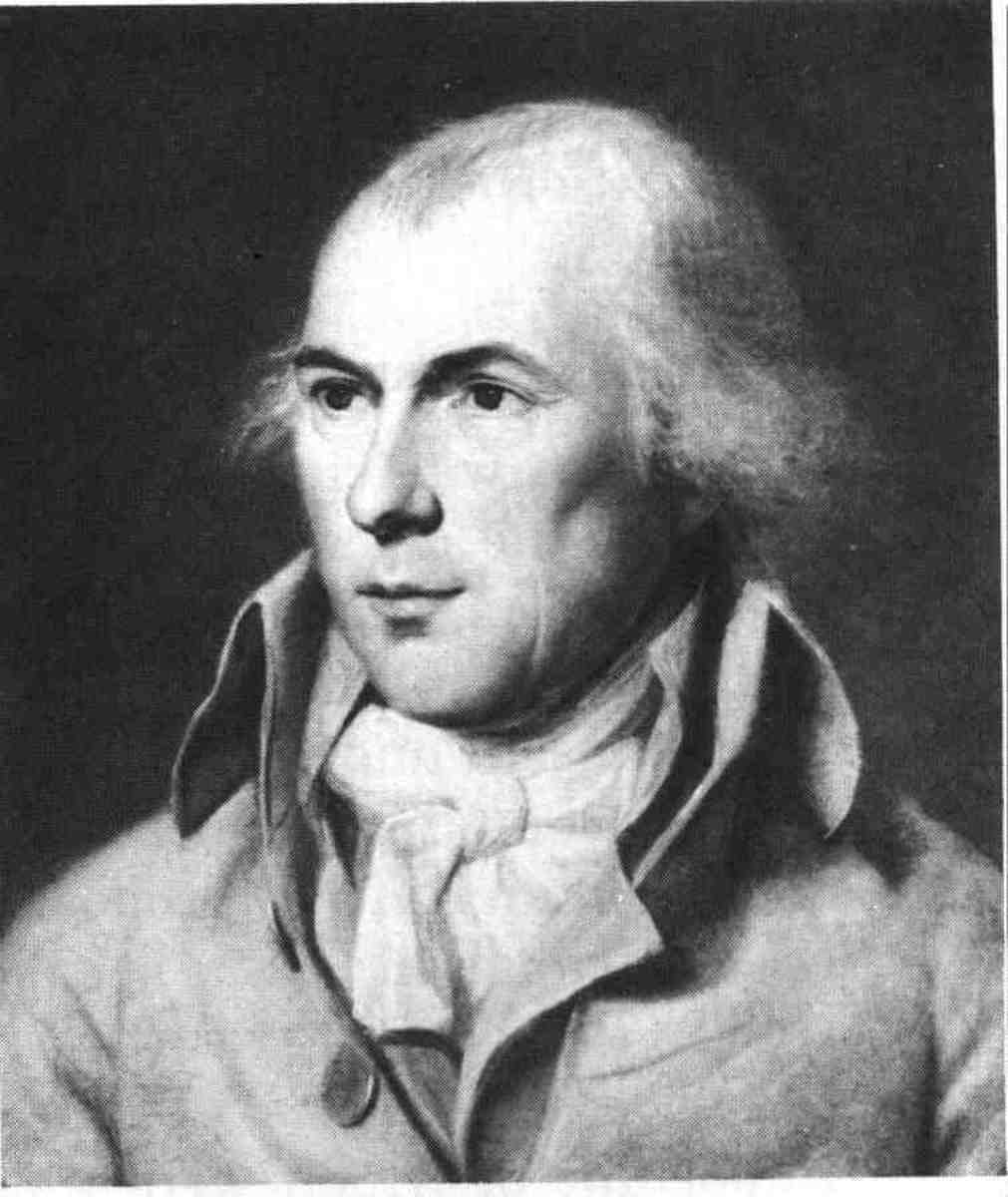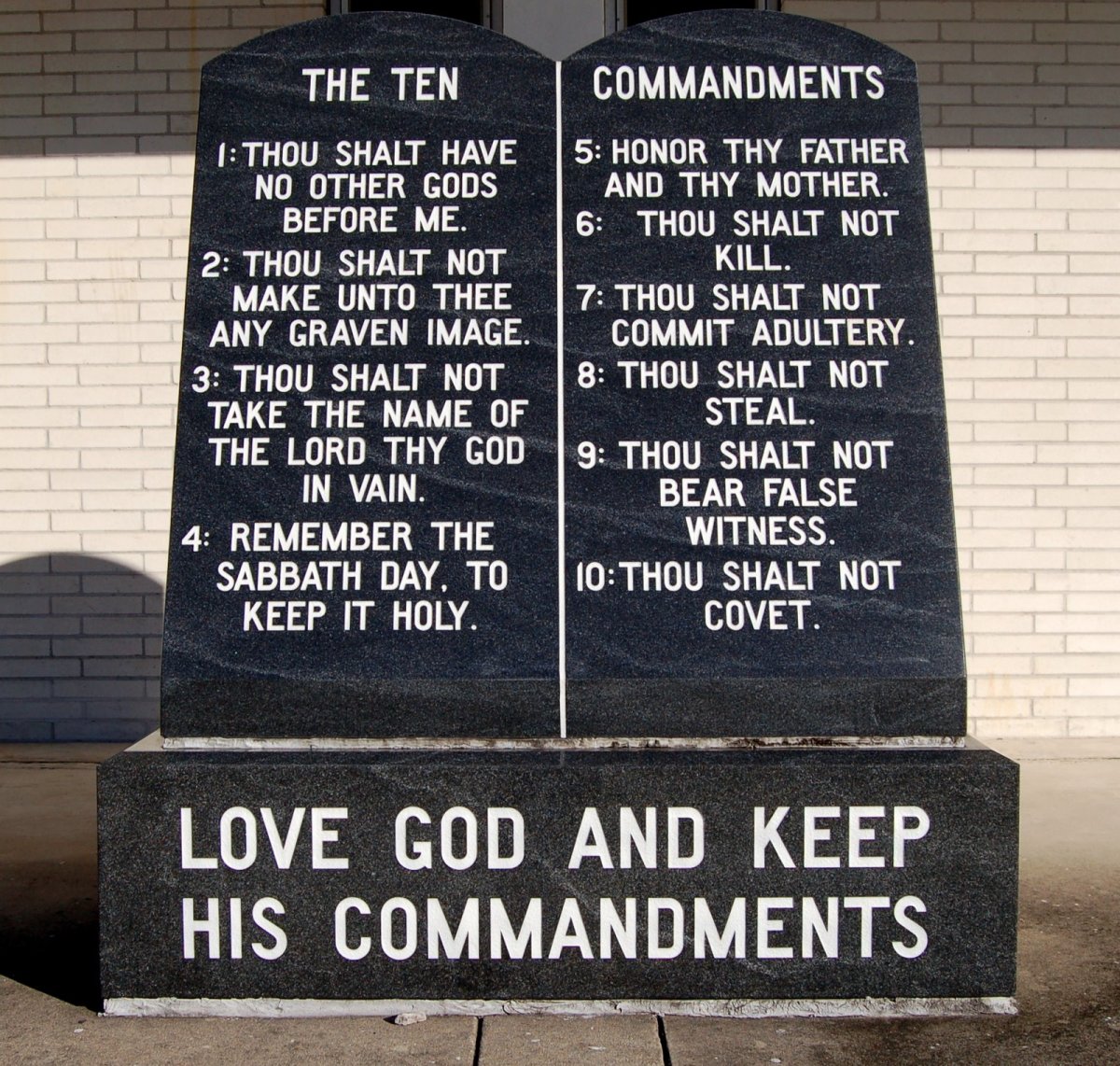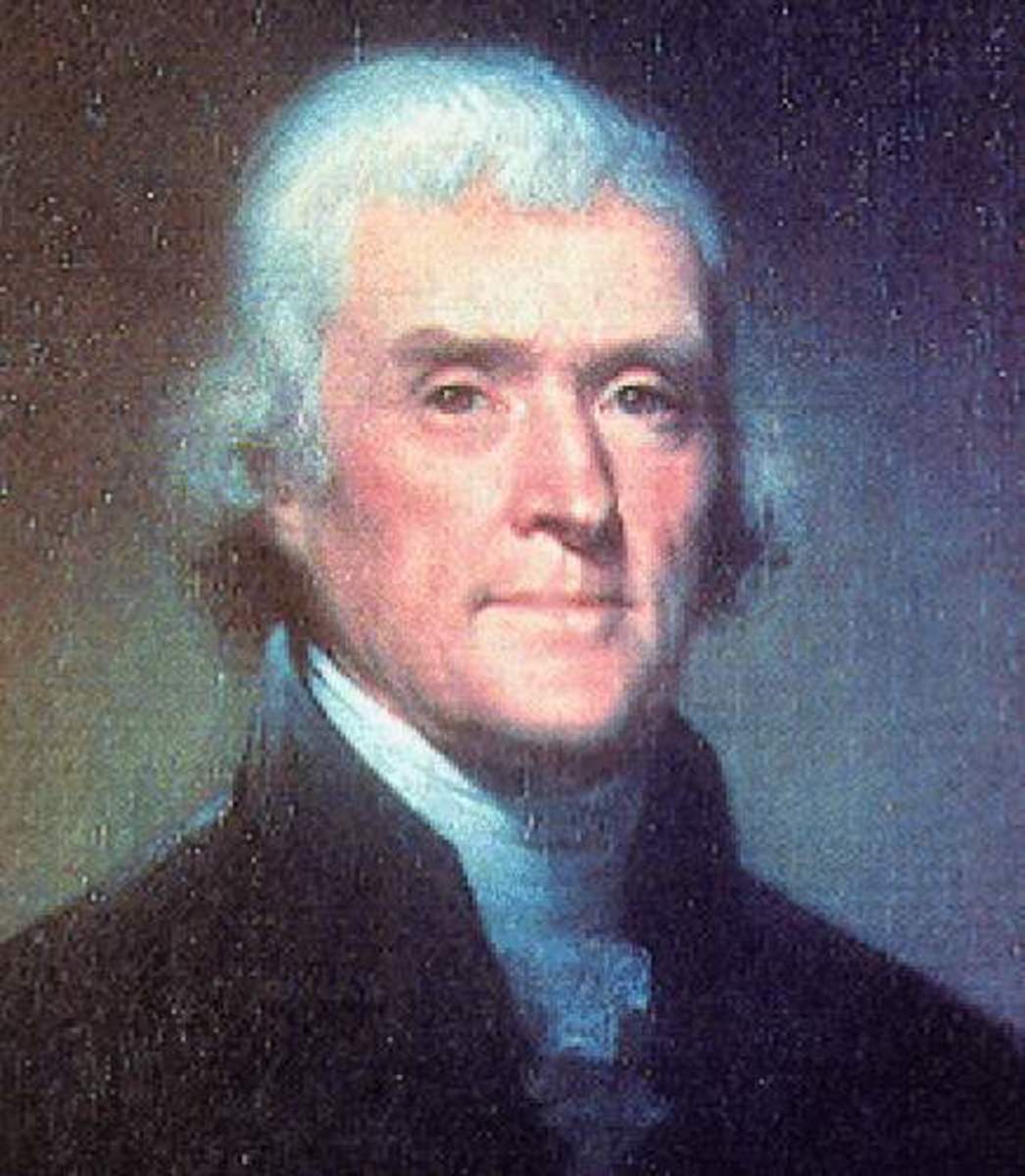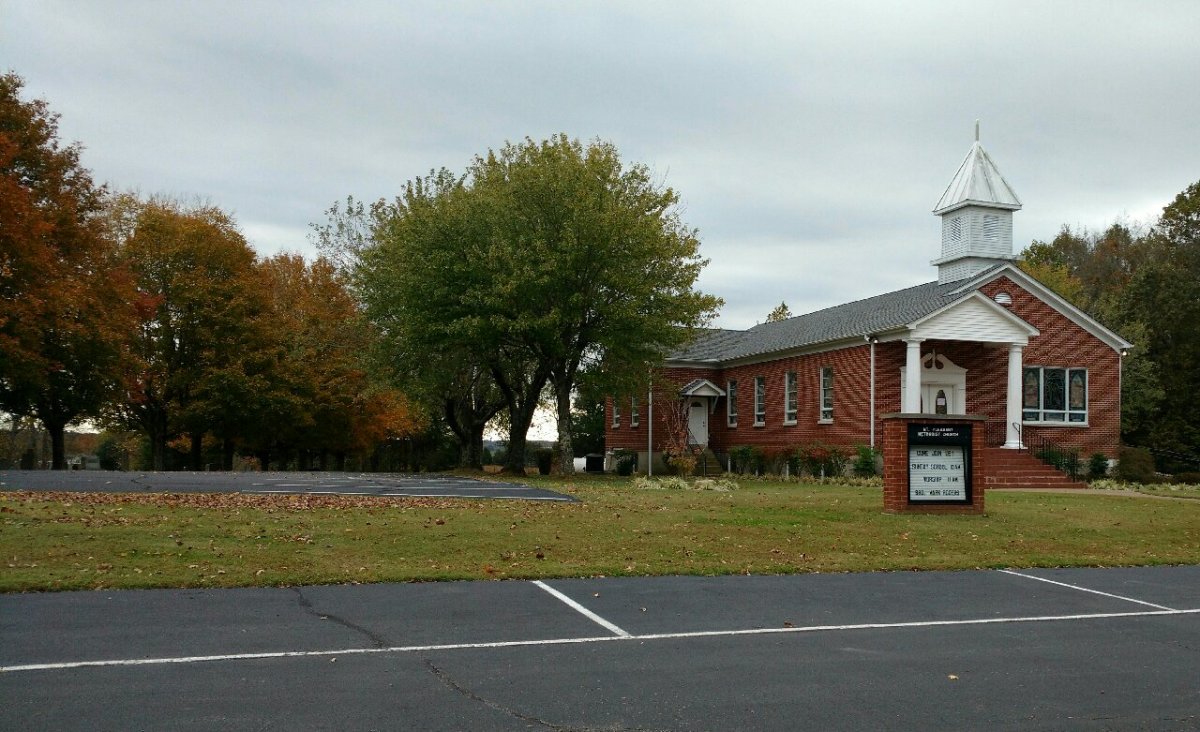On Separation of Church and State
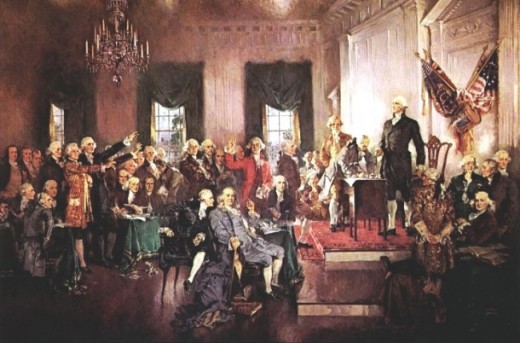
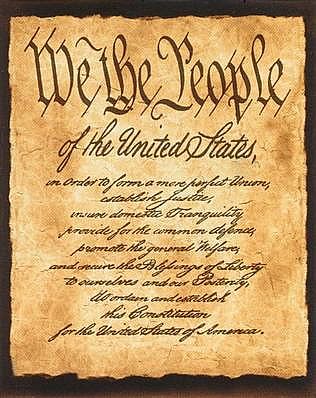
Progressive Myth: Separation of Church and State
I am writing this hub as a response, so to say, to an email sent to a fellow hubber. To make a long story short, this email stated in its text that the courts have always maintained a separation of church and state. This is not at all the case, as I will point out in this hub. There is a wealth of information available about our Constitution. This hub will concentrate on the First Amendment. The main point of this hub is to show that the words “Separation of church and state” do not appear anywhere in the Constitution.
Let’s take a look at the First Amendment. The First Amendment in its entirety states:
Congress shall make no law respecting an establishment of religion, or prohibiting the free exercise thereof; or abridging the freedom of speech, or the press; or the right of the people peaceably to assemble, and to petition the Government for a redress of grievances.
The religion section of the First Amendment is broken into two parts; the Establishment Clause and the Free Exercise Clause. The Establishment Clause: Congress shall make no law respecting an establishment of religion. The Free Exercise Clause: or prohibiting the free exercise thereof.
Thomas Jefferson did write of a separation of church and state, but this was in a letter to the Danbury, Connecticut, Baptist Association. The letter was written in 1802, fifteen years after he helped draft the Constitution. Separation of church and state was not written into the Constitution. The first mention of the phrase by the Supreme Court was in 1947 by Justice Hugo Black in the case of Everson v. Board of Education. Until then the Supreme Court had never interpreted an absolute separation from all things religious.
An absolute separation of church and state is almost impossible to achieve and was clearly not the Framer’s intent. Our founding documents; The Declaration of Independence and the Constitution give indications of a government founded and deeply rooted in religion. The Declaration of Independence states:
We hold these truths to be self-evident, that all men are created equal, that they are endowed by their Creator with certain unalienable Rights, that among these are Life, Liberty and the pursuit of Happiness.
The last paragraph states:
And for the support of this Declaration, with a firm reliance on the protection of divine Providence, we mutually pledge to each other our Lives, our Fortunes and our sacred Honor.
One cannot ignore the importance of religion in our founding documents. The trend of our recent court decisions leans towards an absolute separation. Display of the Ten Commandments, prayer in school, or the display of nativity scenes in no way establishes a state religion, nor do they impede anyone from exercising their religion. Progressive or Activist judges have attempted to establish equality in all religions. This has the same effect as Affirmative Action. When we try to equalize everything it is always at the expense of the majority. Disallowing prayer in school, the display of the Ten Commandments, or the display of Nativity scenes goes against the First Amendment as they are violations of the Free Exercise Clause.
I hope this clears up some myths associated with the First Amendment and “separation of church and state. Our Constitution was written by very wise men, who considered many things when drafting it. Our country has to get back on course and adhere to our Constitution. The blatant disregards for the Constitution must stop and it is up to us, the voting citizens, to put our foot down.

